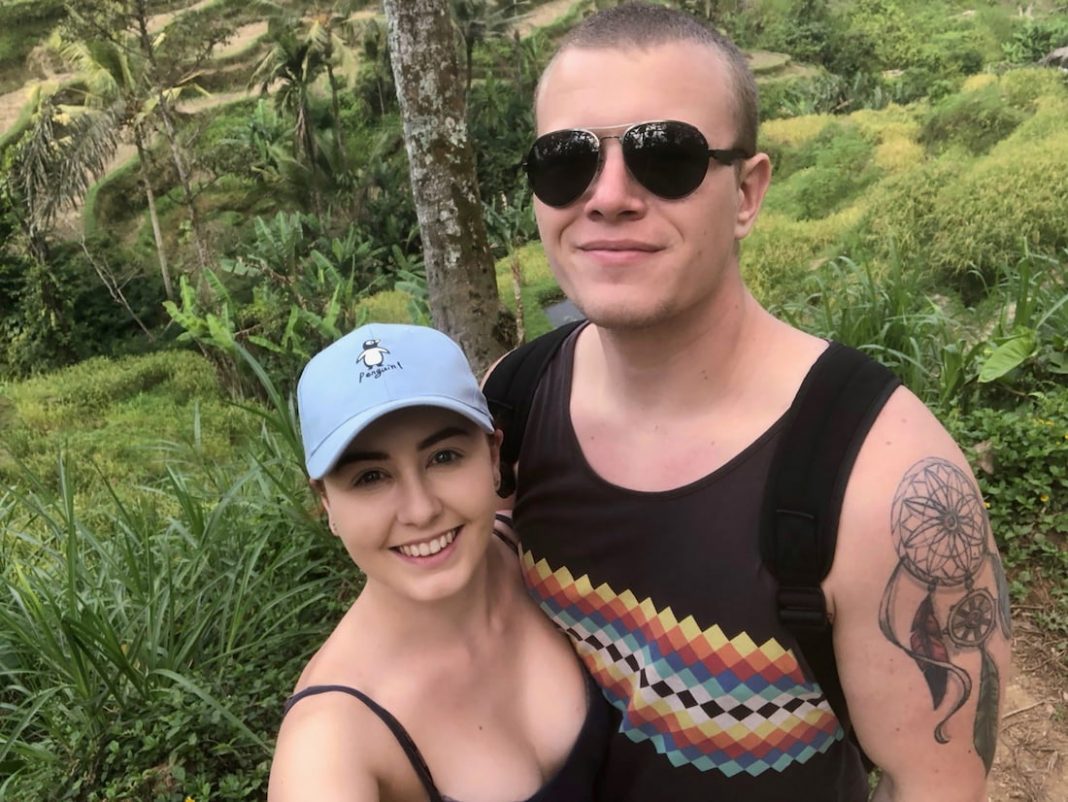Paramedic Bethany Kalies was attending to a cardiac patient when she received a call to say she had been given a new liver and with it, a new lease on life.
“My phone went off, while I was tending to him and I said ‘I’m sorry, I’m going to have to duck out’,” the 28-year-old from Brisbane told AAP.
“I went out into the hallway and took the call… and they said, ‘it’s time to come and get your liver’.
“I was like, what? It’s very hard to take in, it didn’t feel very real. Like it was a dream. And I was obviously in a uniform and trying to be professional the whole way.
“But I had to sit down and then I did start to cry.”
Diagnosed with a very rare cancer only a few months earlier, Ms Kalies was told there was no chemotherapy or radiation treatment that would work. The only option was to have her sick liver removed.
“I was like, yep. Sounds better than having cancer,” she recalls.
Ms Kalies was one of the lucky ones – she only had to wait two months before the ideal liver became available in 2022 thanks to someone who had registered as an organ donor.
“It was first cab off the rank for me. I was very lucky… You could call it a quick fix,” says Ms Kalies, who is now cancer free.
If she could say one thing to whoever her donor was it would be “thank you”.
“Thank you for giving me however many more years I now have,” she says.
“Thank you for giving me the chance to marry the man I love and spend my life with him.
“Thank you for giving me back all the things that I thought were going to be taken from me.”
Not all donor recipients have such a quick turnaround.
Diagnosed with a congenital heart defect at birth, 43-year-old Jenny Kosten has been on the waitlist for a heart and lung transplant for two years and has moved from Bundaberg to Brisbane to be closer to her Queensland hospital.
“For me it’s about being away from my home and my family and work,” Kosten says about the challenges she faces.
“You miss out on a lot of special time with your family and friends.”
DonateLife Week, which is held each year by the federal government Organ and Tissue Authority to raise awareness about donation, begins on July 23.
Some 1800 people Australians are currently on organ waitlists around the country.
Ms Kosten would encourage anyone considering becoming an organ or tissue donor to make it official.
“Talk about it with your family and then … actually register that decision,” she says.
“It takes only one minute of their time to donate a lifetime to someone else.
“For me it would give me a chance to keep on living my life to the absolute fullest and realise more of my dreams – to travel, to be around my family, to be present in people’s lives.
“I’ve got a lot of living still to go.”
Despite being a paramedic and knowing first hand how crucial organ donation is, Ms Kalies admits she wasn’t a listed donor at the time of her diagnosis.
“Honestly, I thought I had time … I’d sign up later on,” she says.
“But unfortunately, the fact of life is, it does happen. And now reflecting on it, the relief that this has given me and my family, I would love to be able to give that relief to someone else and someone else else’s family.
“It’s a really tangible way to I guess get something, even if it’s tiny, something totally positive, in that giant negative vacuum of losing someone.”
During last year’s DonateLife Week, 60,000 Australians aged over 16 years signed up to be donors.
Australians can register as an organ and tissue donor at donatelife.gov.au or signal their decision to be a donor in the Medicare app.



